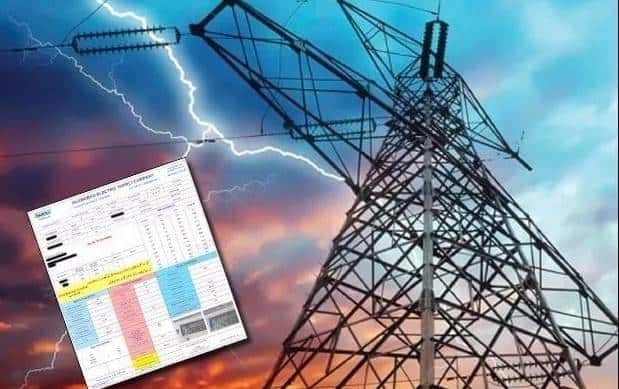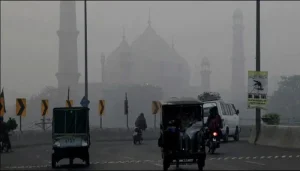ISLAMABAD – Pakistani government is working on plan to reduce expenditures, which includes considering cutting free electricity for judges, parliamentarians, and other institutions.
This move comes amidst opposition campaigns against power projects signed with independent power producers (IPPs) as salaried class faced burden with inflated bills.
Media reports suggest government’s emergency plan to address issues with the IPPs. This initiative has been extended to other ministries, where efforts to cut down expenditures are also in progress.
The plan proposes terminating the free electricity provision for all institutions, including judges and parliamentarians. In the second phase, the free fuel facility might also be discontinued.
Furthermore, performance of the National Electric Power Regulatory Authority and the Oil and Gas Regulatory Authority will be reviewed, and a proposal to reduce maximum demand indicator charges for factories is being considered.
The government aims to provide legitimate concessions and facilities only to the industry and business sectors, prioritizing cost-cutting measures across various sectors to address the country’s energy crisis.
Earlier this week, it was revealed that capacity payments to IPPs have severely drained public resources. Over the past year, the government did not purchase any electricity but made capacity payments of Rs1,929 billion. In total, Rs1,198 billion worth of electricity was purchased from IPPs, yet Rs3,127 billion was paid out.
The federal government has formed an Inter-Ministerial Committee to review the existing power purchase agreement template, aiming to protect consumers from losses caused by power producers’ inadequacies.
A study by the United Nations Children’s Agency found that developing resilient energy systems for health facilities in Pakistan could prevent over 175,000 deaths by 2030.
Top News













